
From newsworthy moments to groundbreaking research, these were the most-read biosimilar-related articles on Pharmacy Times in 2023.

From newsworthy moments to groundbreaking research, these were the most-read biosimilar-related articles on Pharmacy Times in 2023.

From newsworthy moments to groundbreaking research, these were the most-read Alzheimer disease-related articles on Pharmacy Times in 2023.

From newsworthy moments to groundbreaking research, these were the most-read student-related articles on Pharmacy Times in 2023.
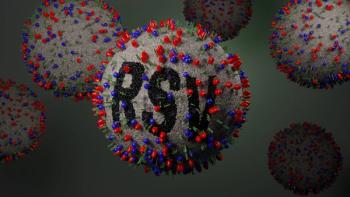
From newsworthy moments to groundbreaking research, these were the most-read respiratory syncytial virus-related articles on Pharmacy Times in 2023.

From newsworthy moments to groundbreaking research, these were the most-read community pharmacy-related articles from Pharmacy Times in 2023.

In a study, most patients had specified SBP targets of less than 160 mmHg and all patients attained goal within a relatively short period of time.

With gastrointestinal-based adverse effectss for rivastigmine and other cholinesterase inhibitors, a weight of <50 and <55 kg respectively leads to an increased risk for toxicities.
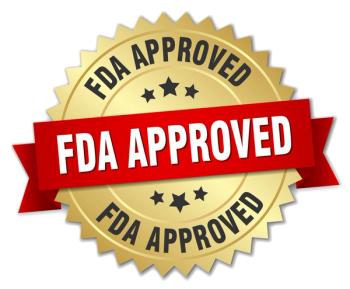
The drug is the first medicine to be approved for the treatment of adults with polyneuropathy of hereditary transthyretin-mediated amyloidosis that can be self-administered.

Families that reported a lower income before the pandemic were more likely to experience hardships if headed by an adult with COVID-19 illness.

The CAR T-cell therapy improved relative overall survival by more than a third compared to standard of care.

Expert discusses positive, real-world findings from a claims-based study looking at this therapeutic.

One could also argue that the Great Resignation is an era for a great realignment. During lockdown, many individuals took the time to realign their priorities.
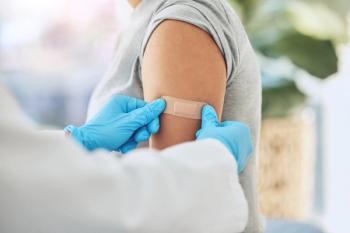
The SHARE model from the CDC involves personalizing recommendations for patients and their needs, addressing any concerns they may have, and explaining the risks of remaining unvaccinated.

This latest revision introduces a new set of drug criteria, refines the existing ones, and enhances the overall formatting to ensure increased ease of use and clarity for its recommendations.

Controlled substance transfers are occurring at a higher rate as health systems create their own ecosystems to combat medication shortages.
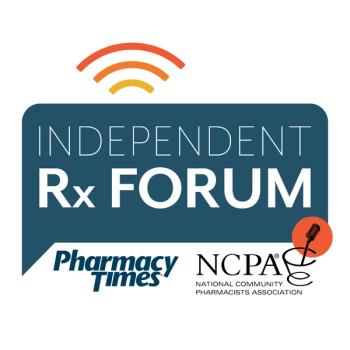
Tune in to this episode of the Independent Rx Forum for a comprehensive update on legal developments and insightful discussions on class action lawsuits and regulatory guidelines from the National Community Pharmacists Association.

Amid pharmacy strikes and ongoing challenges, technicians can identify new opportunities for growth

The therapy sustained IDFS benefit compared with ET alone.

The investigators note that psilocybin’s effectiveness in treating depressive symptoms and the positive reception among patients with cancer are encouraging continued research.

The biosimilars landscape is set to witness significant growth, particularly in therapeutic areas like ophthalmology and immunology, with a focus on blockbuster biologics like Humira, Stelara, and Eylea.

The cost of defending license matters and malpractice claim costs have increased over a 5-year period (2017-2022).
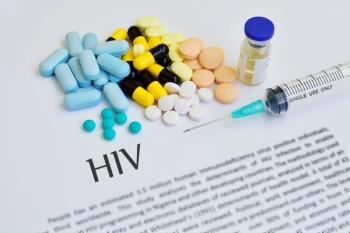
Pharmacists play a vital role in HIV care by addressing social determinants of health, managing complex HIV medication regimens, and providing comprehensive patient counseling.
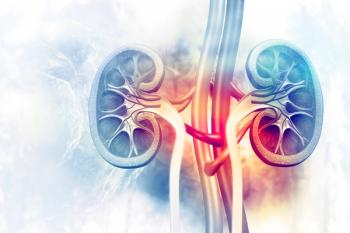
Tarpeyo is now the first fully FDA-approved treatment for primary immunoglobulin A nephropathy, based on measures of kidney function.

Overtime, children can outgrow food allergies, like milk and eggs—however, children with private insurance are more likely to outgrow allergies than those with public insurance.
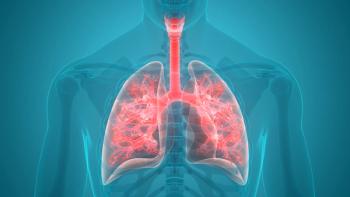
The study included data on ventilator-associated pneumonia and nonventilator hospital-acquired pneumonia, finding lower rates associated with daily toothbrushing.

The majority (86.7%) of patients in the study got less than 7 hours of sleep each night.

Comprehensive medication reviews and drug interaction assessments are examples of clinical interventions

The results confirm tebentafusp as a standard of care.
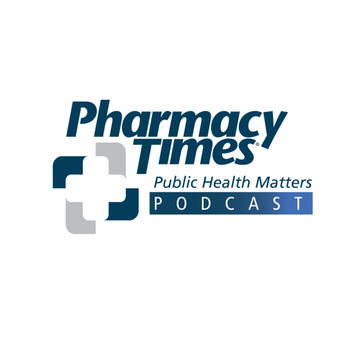
Tune in to this episode of Public Health Matters for a captivating exploration of global public health through the lens of a pharmacist and traveler.
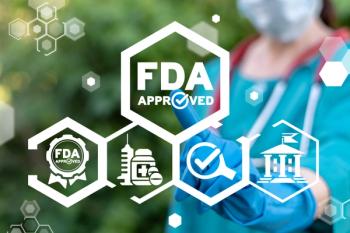
These drugs have interesting mechanisms, unique use, or may support expanded indications in the future.